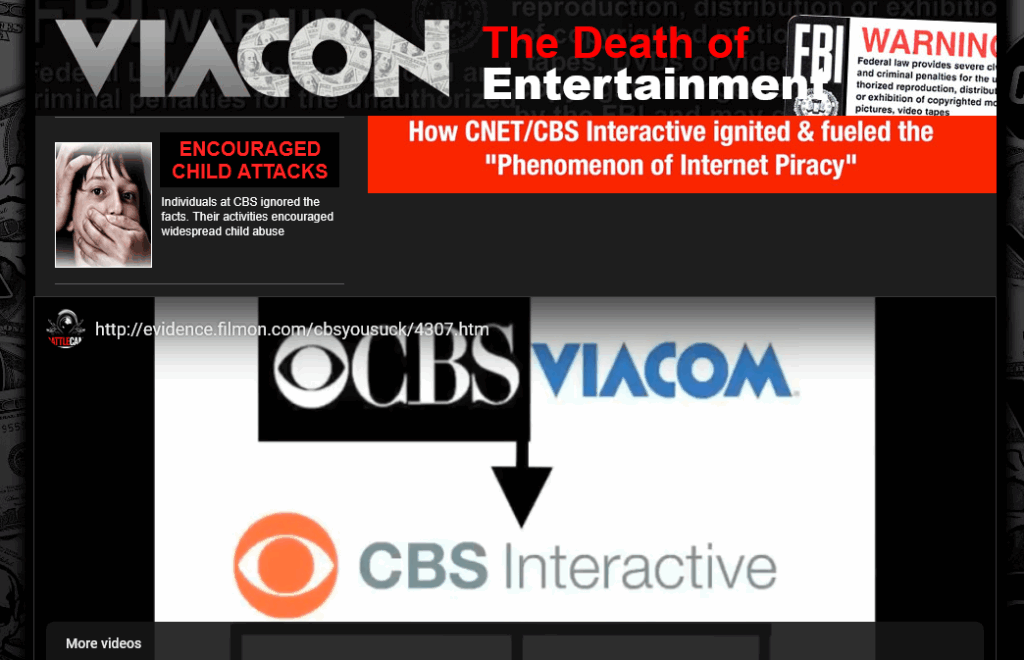The US Federal Trade Commission (FTC) has officially taken legal action against Uber, alleging the ride-hailing giant has engaged in misleading billing practices connected to its subscription service, Uber One. The FTC claims that Uber has charged customers for this service without their explicit consent and has created barriers that complicate the cancellation process.
FTC Chairman Andrew Ferguson announced the lawsuit, reinforcing the agency's commitment to protect American consumers. "The Trump-Vance FTC is fighting back on behalf of the American people," Ferguson stated. However, Uber has expressed disappointment with the FTC's decision to proceed with the lawsuit and has denied any wrongdoing regarding the allegations.
Launched in 2021, the Uber One subscription service promises members benefits such as no-fee delivery and discounts on rides. Subscribers can choose to pay a monthly fee of $9.99 or an annual fee of $96. The FTC's recent complaint indicates that canceling this subscription has been intentionally made cumbersome, requiring users to navigate through an excessive number of screens and steps.
Uber spokesperson Ryan Thornton argued that canceling subscriptions has become simpler, claiming users can now do it directly through the app in under 20 seconds, contrasting the FTC's assertions. He acknowledged that in the past, users were required to contact support to cancel within a certain time frame but stated changes have rectified this issue.
In addition, the FTC's complaint highlights concerns from consumers who reported being enrolled in the Uber One service without their consent, with some even charged without having an Uber account. Uber refuted these claims, asserting that they only enroll customers with their explicit approval.
This legal action represents the FTC's first lawsuit against a significant technology firm since the Trump administration began its second term. The agency's ongoing case against Meta, formerly known as Facebook, over alleged monopolistic practices is simultaneously unfolding. Meta has labeled the lawsuit as misguided, despite previous approvals from the FTC regarding its acquisitions of Instagram and WhatsApp.



















